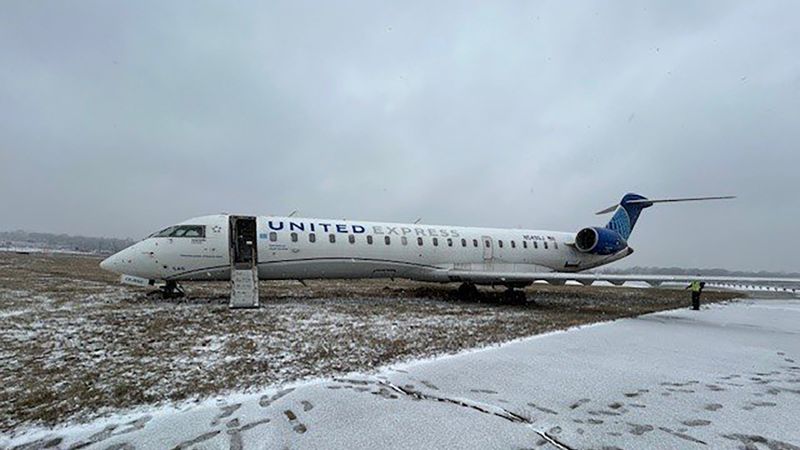Closure of Pet Microchip Company Raises Concerns for Pet Owners
The closure of Save This Life, a Texas-based pet microchip company, raises concerns for pet owners. Microchips are vital for reuniting lost pets, and owners should check and update registrations to ensure safety.
Microchips in your dog or cat can be a lifesaver because they can reunite a lost pet with an owner. However, the closure of a national pet microchip company has left many pet lovers worried after the company shut down without notice.
Texas-based microchip and registration company Save This Life was listed as inactive Tuesday, according to Texas' comptroller franchise tax records. The closure sent pet owners scrambling for options to ensure their animals are safe in an emergency.
Microchips are small, rice-sized radio frequency identification devices (RFID) that are implanted in dogs and cats, according to the American Veterinary Medical Association. Owners register their personal information on the chip using a registration database.
The chips do not have batteries and are activated only when scanned. If a pet is found, veterinarian offices and shelters can scan the pet for a chip, which will provide information about the owners and their contact information.
Concerns have been raised about Save This Life's lack of communication. One pet owner, Laura Engert, reached out via Instagram asking, "When will Save This Life make a statement addressing the fact that they have been unresponsive to pet owners, shelters, and rescues trying to reunite pets?"
Calls to Save This Life’s number lead to an out-of-service message, and emails receive automated replies indicating that a new ticket would be created from the inquiry.
Nationwide, there are over 40 microchip companies, including Avid Identification Systems, Inc., BuddyID, and HomeAgain, with no data on how many pets are microchipped. The American Veterinary Medical Association states that six out of ten pet microchip devices are registered.
If a pet's microchip number starts with either 991 or 900164, it indicates a Save This Life microchip. However, Brian Lippai from Ocean County Health Department reassures pet parents that "chips can be registered with a new company using the same chip."
Microchips are implanted using a long, thin needle, causing no more pain than a regular injection. The procedure typically costs between $25 and $50.
When an animal is found, staff at shelters or veterinary clinics scan for a microchip, and if registered correctly, they can quickly find the owner's contact information. The microchip, however, is not a GPS device and cannot track the animal if it gets lost.
Pet owners should check with their veterinarians or local shelters for assistance in updating their pet's microchip registration. If affected by Save This Life's closure, pet owners can have their veterinarians scan for the chip number and register it with another microchip registry. Various companies are offering discounts for affected owners.
The American Animal Hospital Association's Universal Pet Microchip Lookup Tool has even removed Save This Life due to ongoing search failures and has encouraged pet owners to re-register with other registries.
It’s strongly encouraged that all pet owners ensure their pets are microchipped and that they keep their contact information updated, especially if they move or adopt a pet that is already chipped.




















